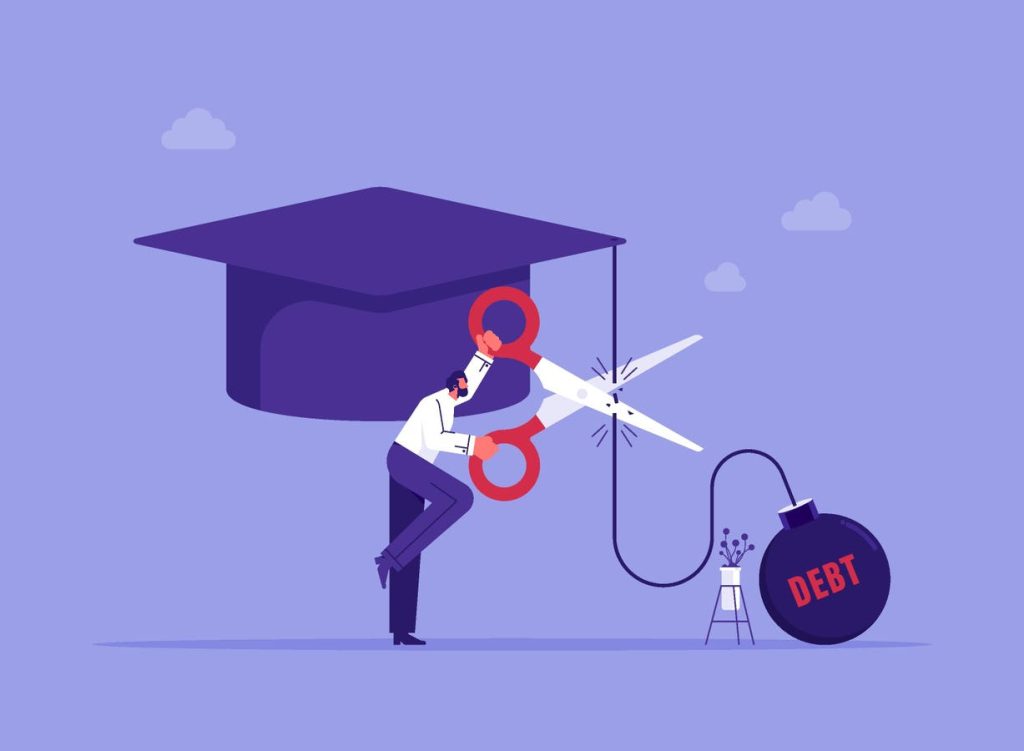Accelerating the path to earning a bachelor’s degree can be a lucrative strategy for students looking to cut down on college costs. Financial advisor Jay Zigmont shared his experience of earning a bachelor’s degree in just 9 months by making use of the credits he had already accumulated and taking CLEP and DANTES exams to test out of certain courses. Zigmont’s strategy was successful as he managed to earn a bachelor’s degree from a state college with a 4.0 GPA at a cost of only $9,000. This approach can be particularly appealing to students looking to graduate with minimal debt.
Other strategies such as taking AP courses in high school to earn college credits, participating in dual enrollment programs, and utilizing CLEP exams can also help students fast-track their way to a degree. By earning college credits through these methods, students can significantly reduce the time it takes to complete their degree while saving money on tuition and other related expenses. Dr. Michael Horowitz highlighted programs that allow students to pursue multiple degrees simultaneously, offering even more opportunities for accelerated learning.
While there are clear benefits to pursuing an accelerated timeline for earning a degree, there are also potential drawbacks to consider. Chris Morett warned students to be cautious about overloading on courses and potentially exceeding federal financial aid limits, which could result in additional out-of-pocket costs. Additionally, some majors may have strict course sequences that need to be followed, making it difficult to graduate early. It’s essential for students to carefully evaluate their individual circumstances and academic requirements before committing to an accelerated program.
Financial advisor Michael Hills emphasized that reducing the time to earn a degree can lead to significant savings not just in tuition, but also in other costs associated with attending college. By borrowing less for school, students can also minimize the amount of interest they need to pay back on loans. However, there may be trade-offs in terms of increased stress and limited time for extracurricular activities or exploring other subjects. Despite these challenges, the potential long-term benefits of graduating early may outweigh the sacrifices students make in the short term.
Ultimately, the decision to pursue an accelerated timeline for earning a degree is a personal one that depends on individual goals, financial considerations, and academic abilities. While there are certainly advantages to graduating early, students must weigh the potential downsides and assess whether the benefits of fast-tracking their education align with their long-term objectives. By exploring different strategies for earning college credits and completing degree requirements efficiently, students can tailor their educational experience to suit their needs and set themselves up for success in the future.














